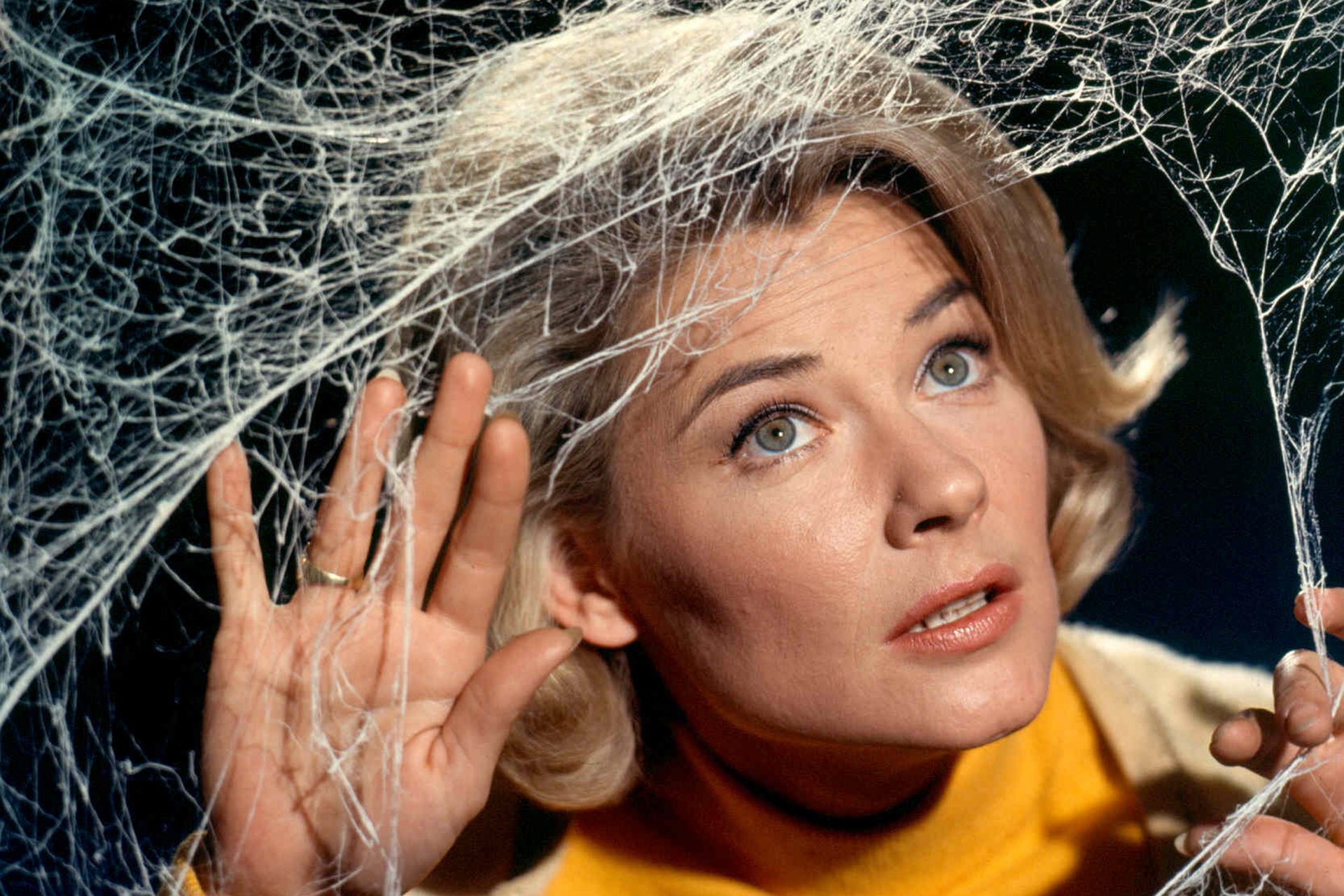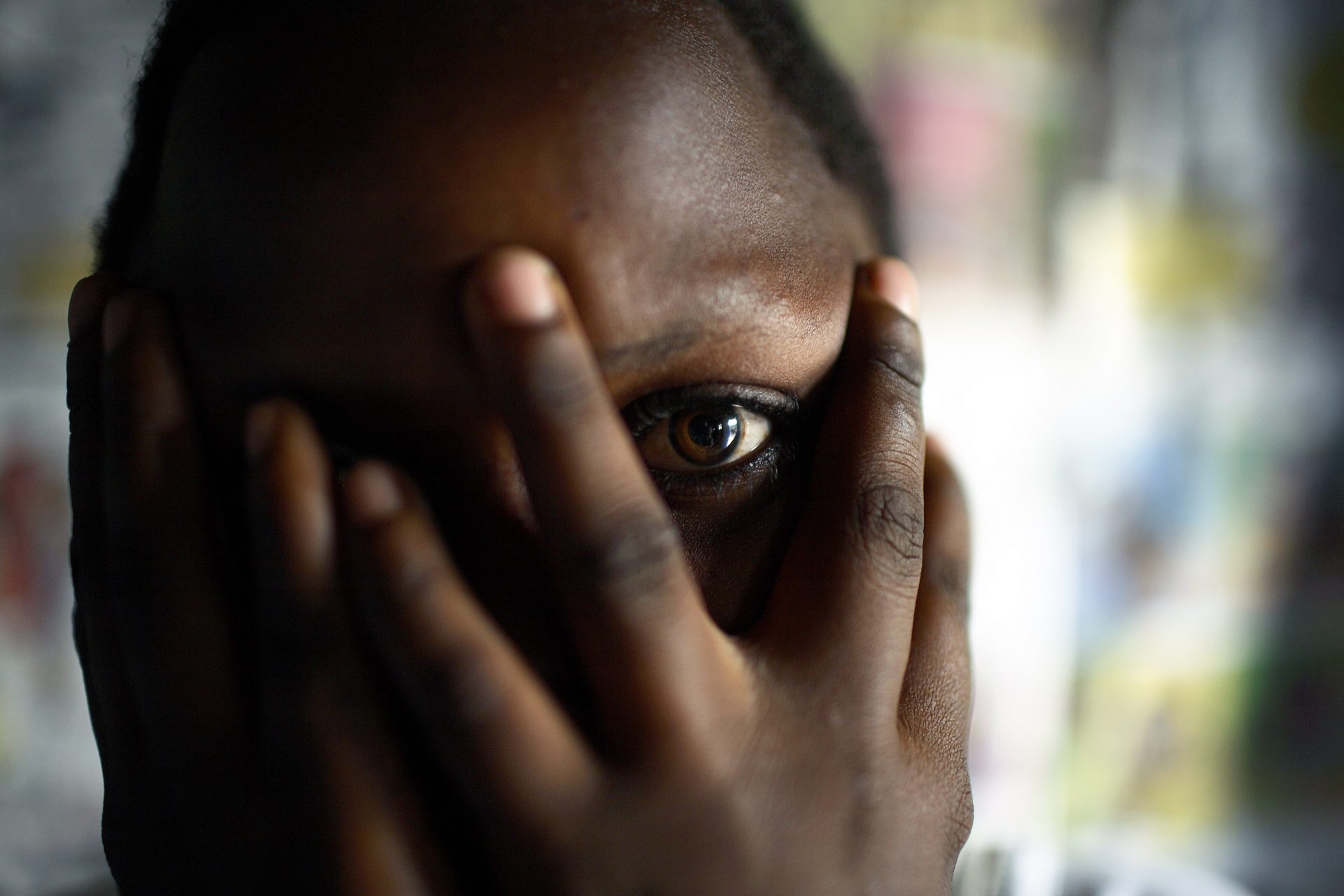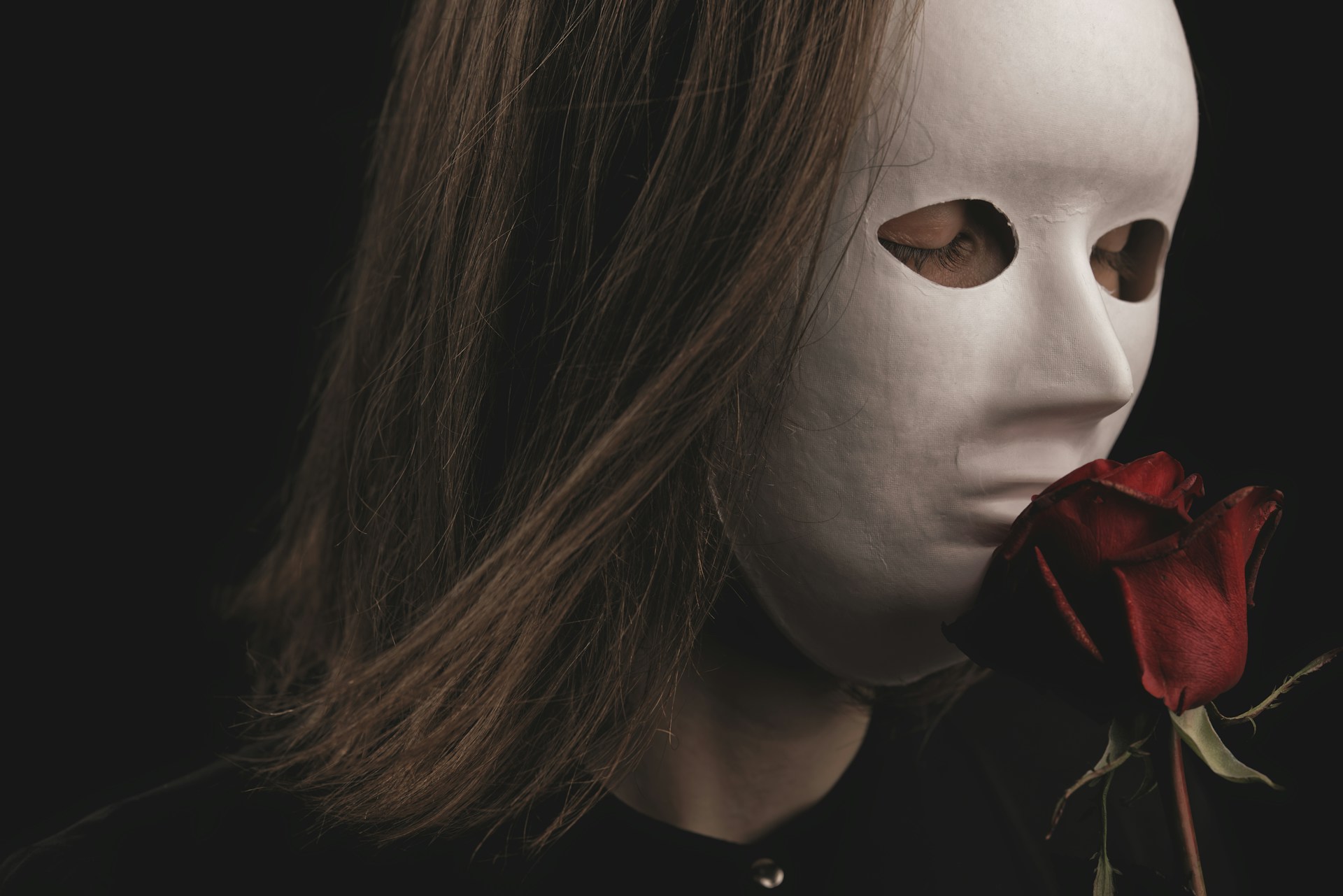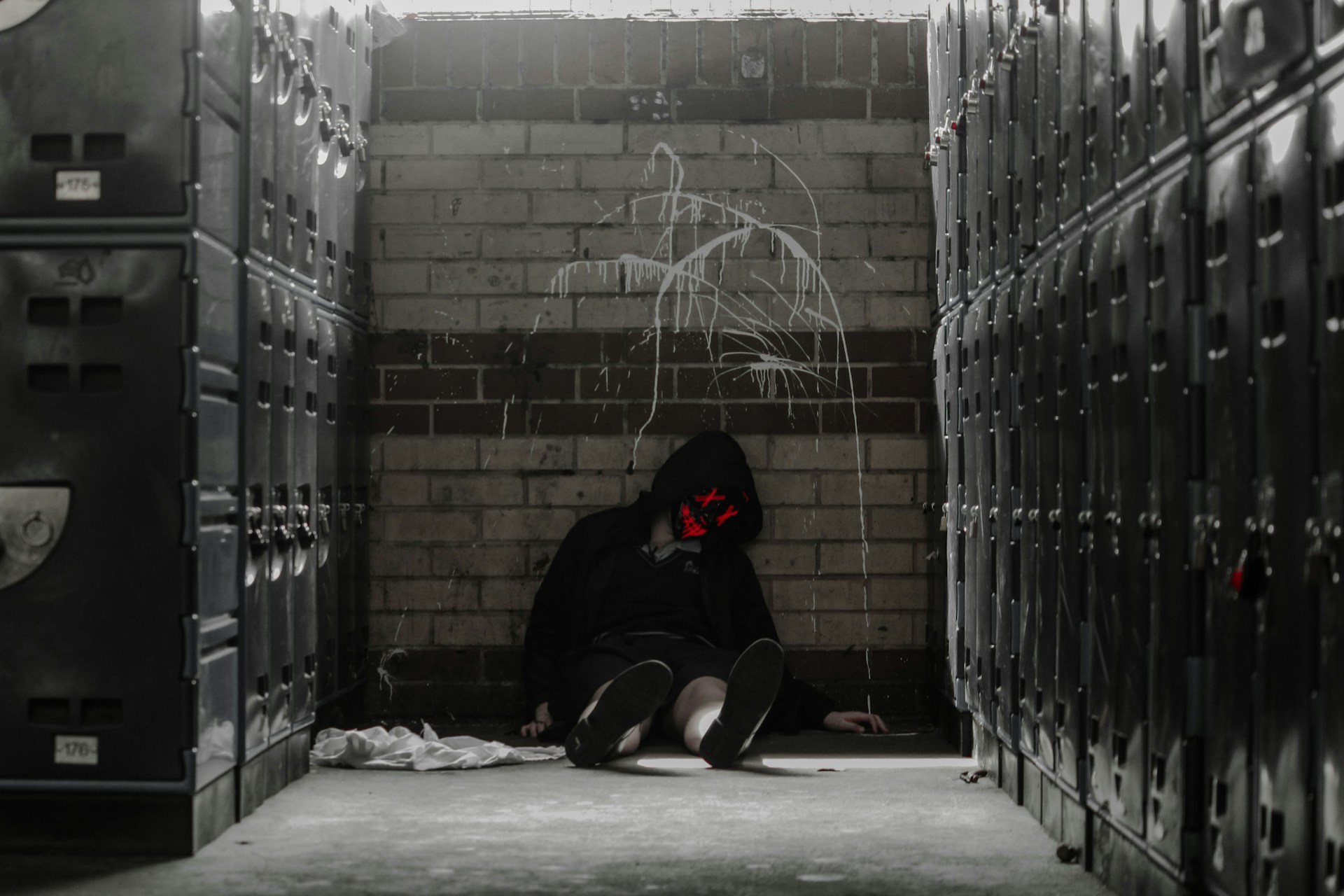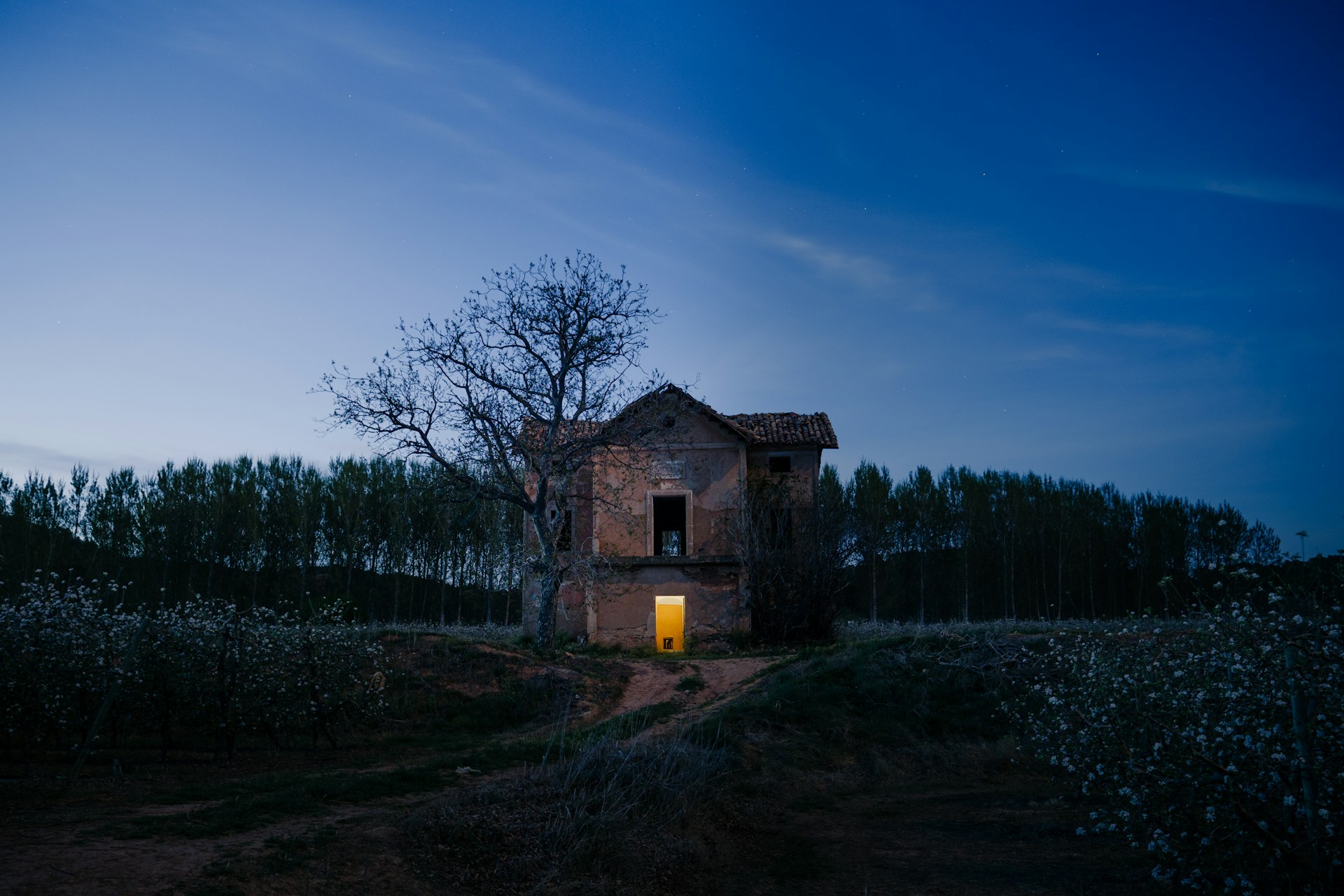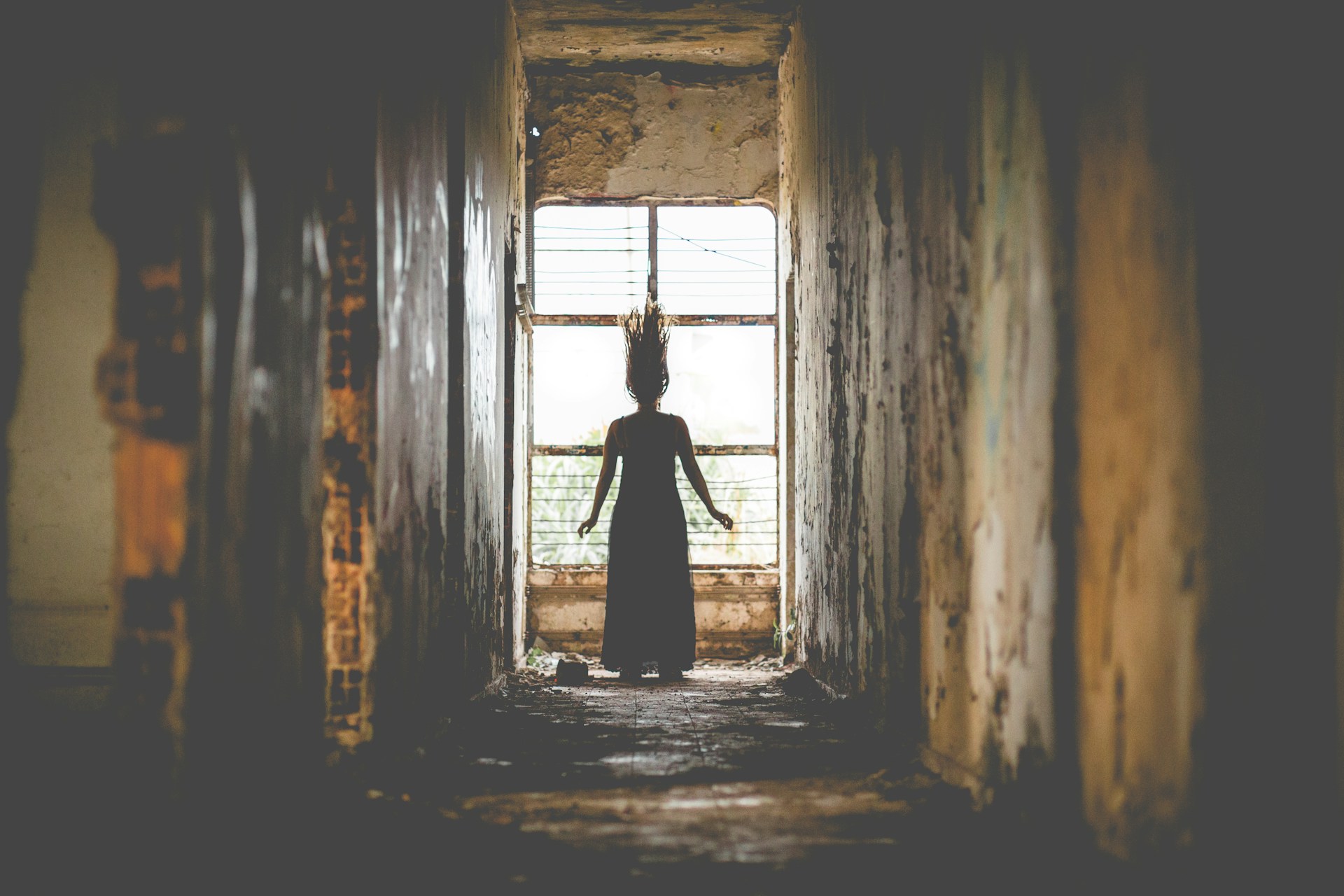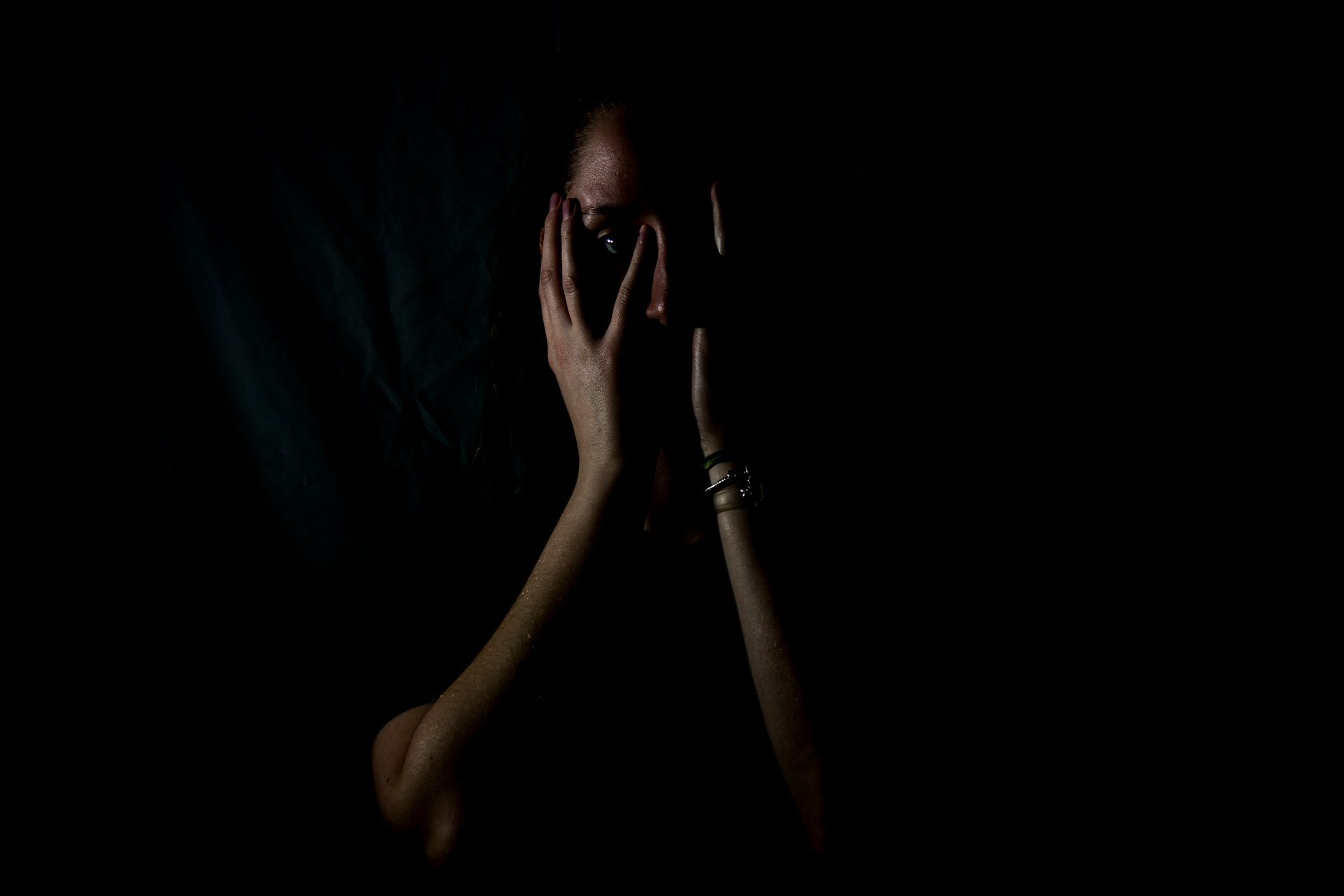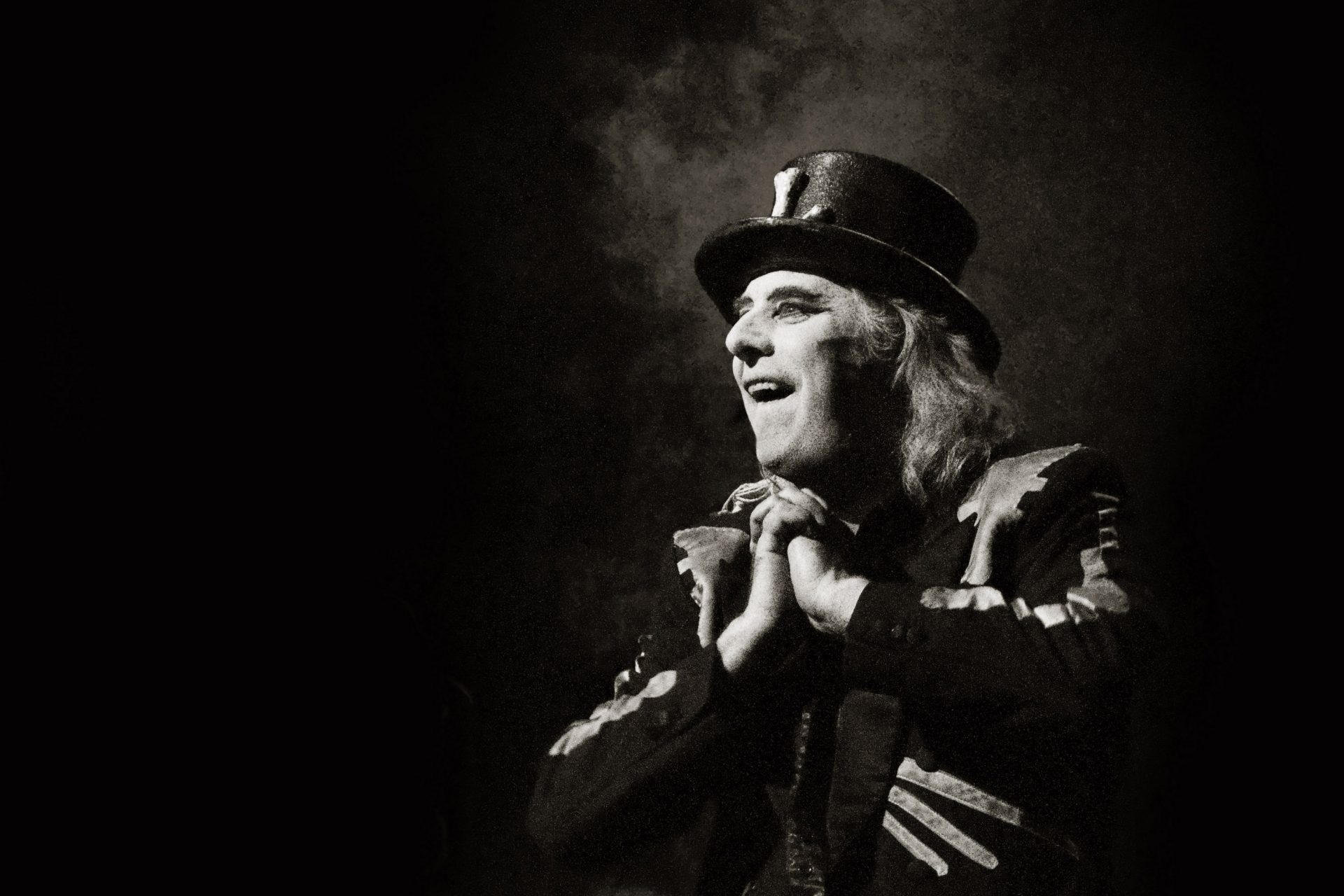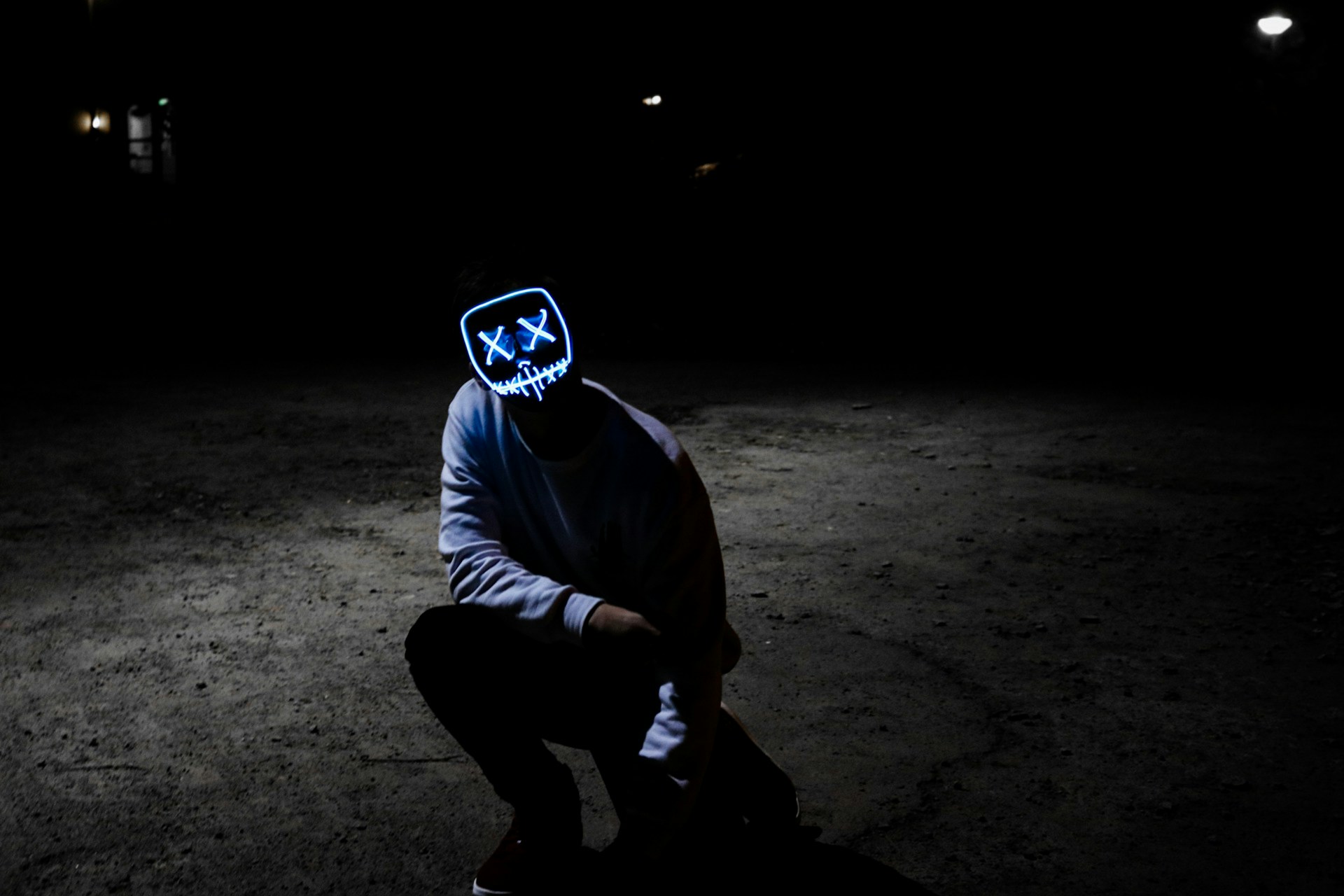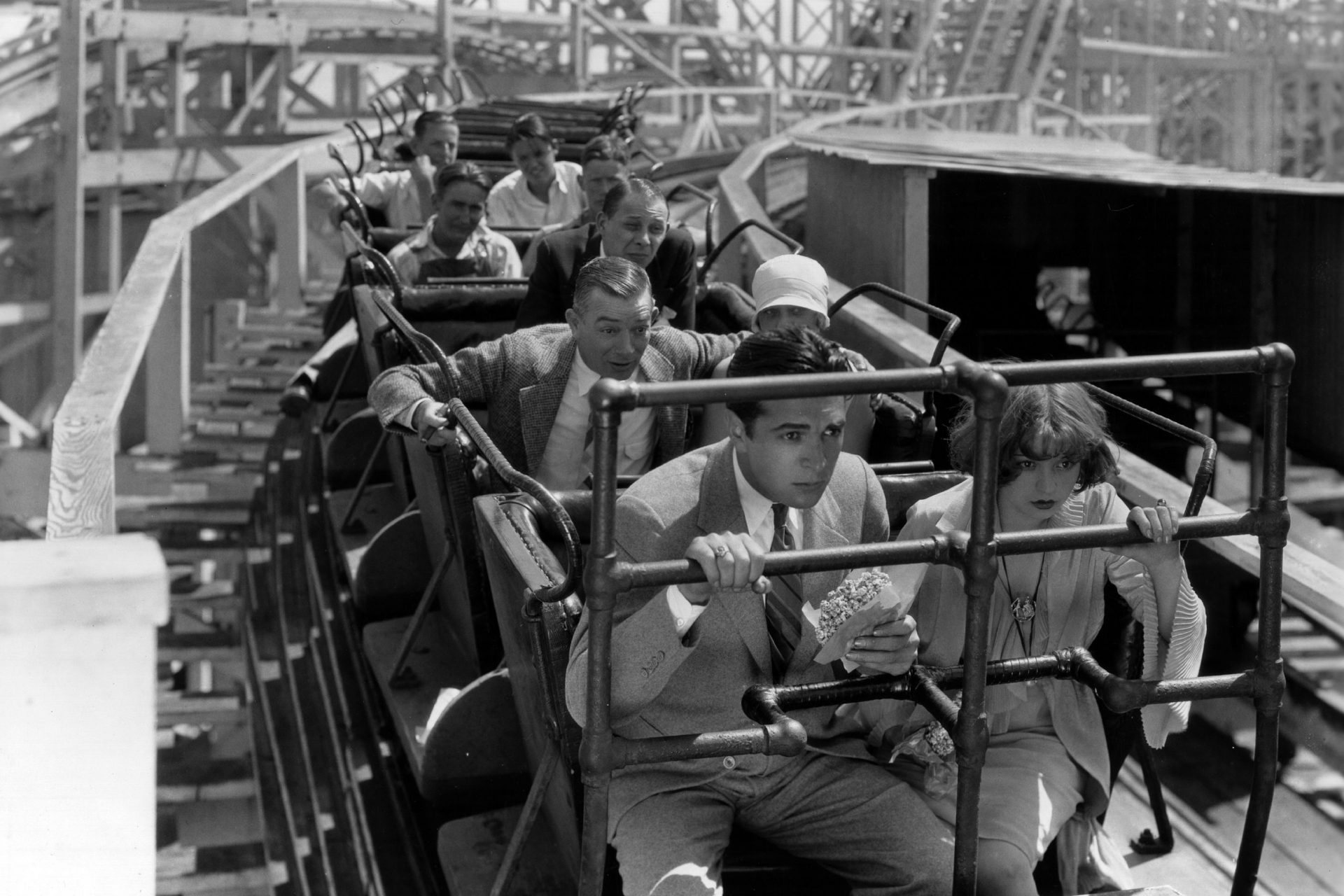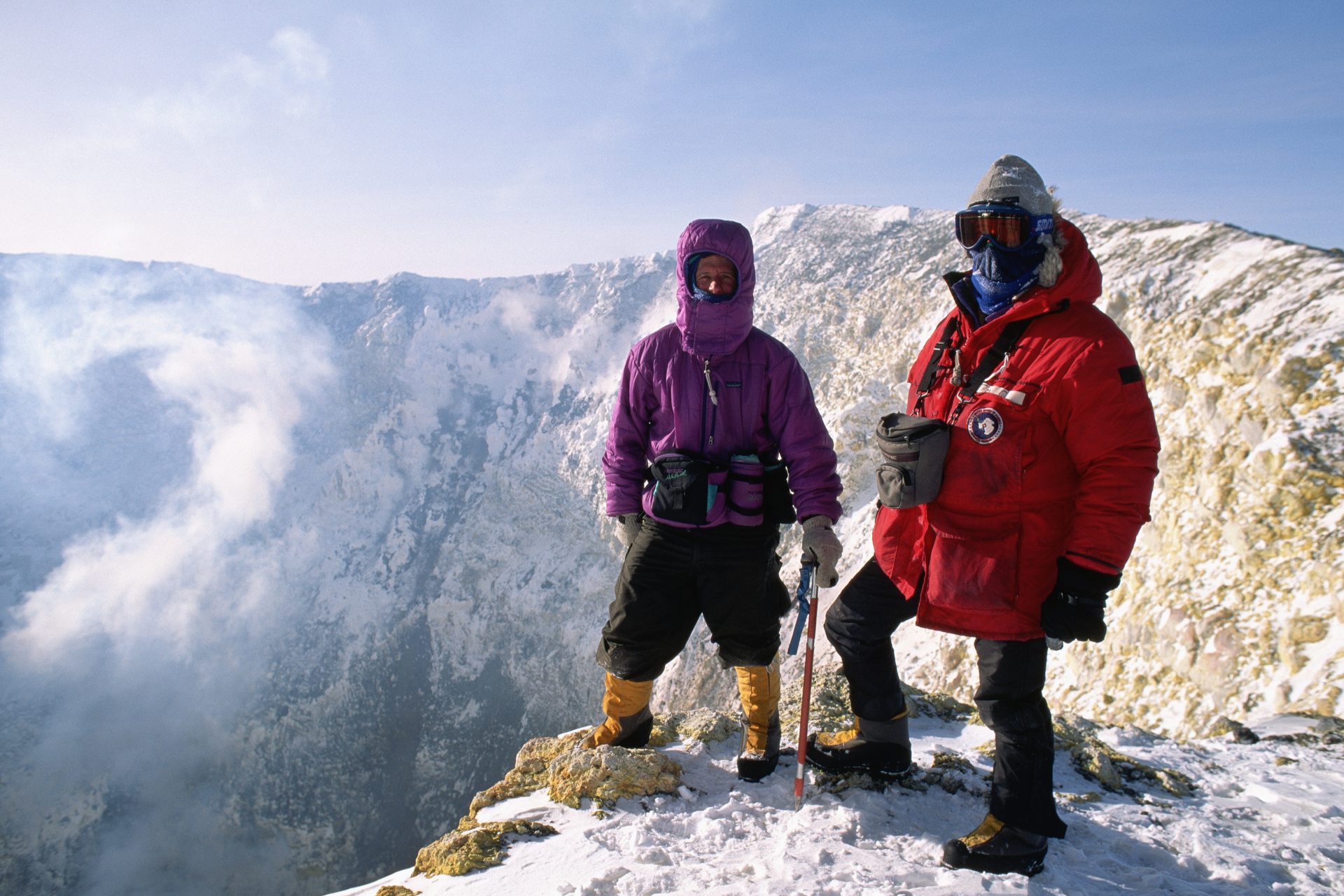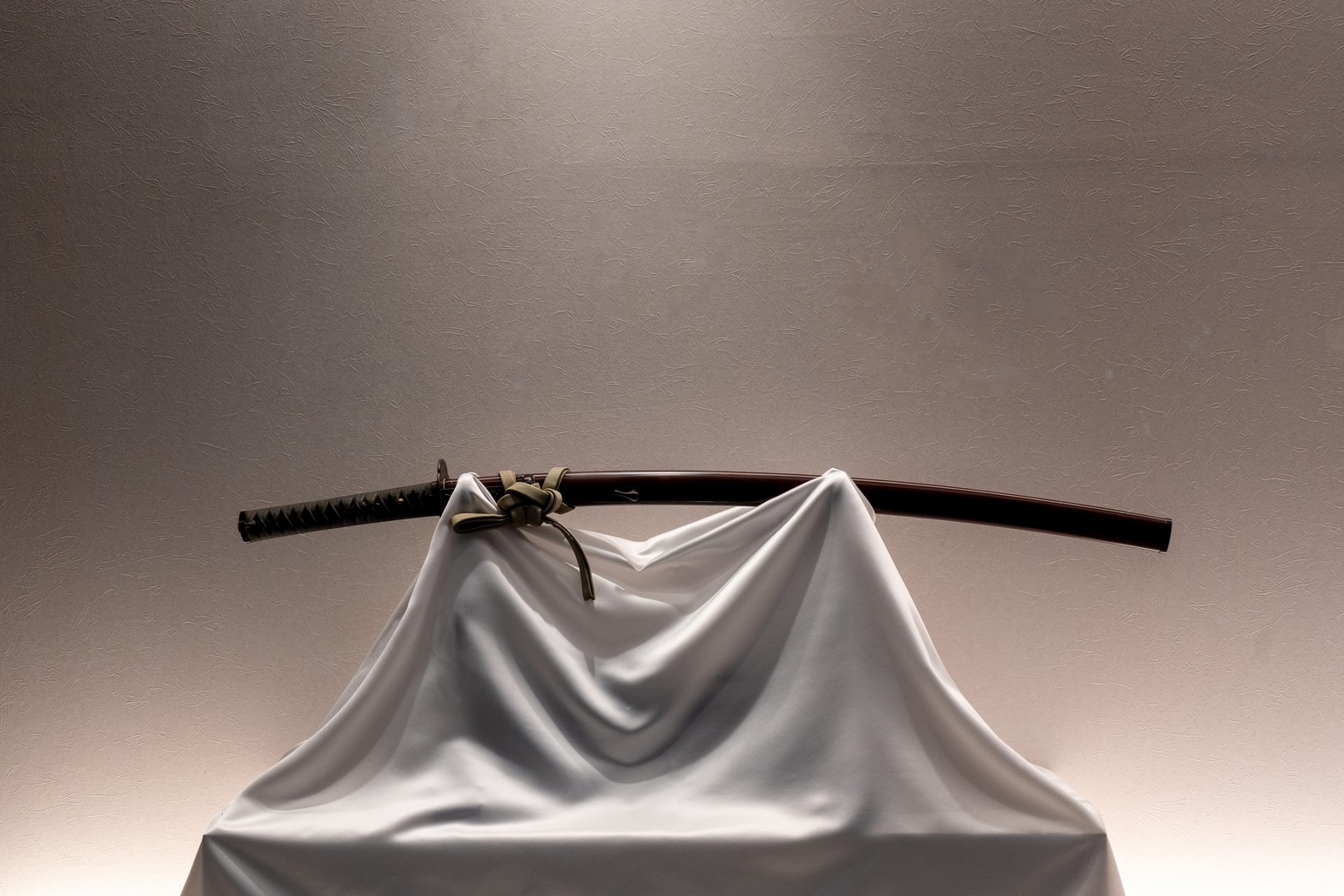Why do we like to be scared?
Why do we like horror movies? Why do we enjoy roller coasters? What drives us to visit a supposedly haunted house? The truth is that human beings have reasons, both psychological and physical, to enjoy fear.
The biological response of the organism to terrifying stimuli is highly complex and, according to Elias Aboujaoude, clinical professor of Psychiatry and Behavioral Sciences at Stanford Medicine (USA), it activates unpleasant emotions such as stress, and pleasant ones, such as relief.
According to Dr. Aboujaoude, humans have evolved to respond to frightening stimuli in two ways: by running away or fighting, that is, by dilating the pupils to see better, widening the bronchi to absorb more oxygen or diverting blood and glucose to vital organs and skeletal muscles.
Photo: Unsplash -Engin Akyurt
But beyond the physiological response, terror can be highly stimulating, because in exchange for a moment of fear, the body receives the satisfaction of relief when it disappears. This feeling of relief can be so addictive that it leads many people to seek out terrifying stimuli to feel it again.
Photo: Unsplash - Amber Weir
When a human being feels threatened, the three most important chemicals released are adrenaline, dopamine and cortisol, each of which has a well-defined role in the use and enjoyment of fear.
Photo: Unsplash - Carlos De Miguel
For one, adrenaline increases heart rate, blood pressure and respiratory rate. That is, "it can give you a rush that makes you feel vigorous and energetic," says Dr. Aboujaoude.
Photo: Unsplash - Edilson Borges
On the other hand, cortisol, known as the stress hormone because it constantly regulates certain bodily functions, can increase when the body is trying to overcome an abnormal situation such as fear, helping to keep adrenaline at high levels, even releasing glucose to obtain an extra charge of energy. In other words, another rush.
Photo: Unsplash - Melanie Wasser
And then there's dopamine, a general well-being neurotransmitter that is associated with pleasure, anticipation and reward. Overcoming a threat like fear is comparable to winning a race or receiving approval from others, but much more attainable, which is why many people force themselves to get dopamine through fear.
And what is the easiest way to be scared without any apparent risk? Cinema. The genre that never fails can take the viewer to the limits of their fears, but always with the certainty that it will not go beyond the screen, so the risk is minimal.
Photo: Unsplash - Anastasia Nelen
But there are also other motivations that lead people to enjoy fear. From the contagion of the subsequent activity, which leads to the activation that fear has caused, to the subsequent activity that you are going to do, to raising self-esteem, by increasing the perception of courage that someone has of themselves.
Photo: Unsplash - Sebastian Stam
In addition, fear increases curiosity and stimulation, develops empathy because we put ourselves in the victim's place and analyze what we would do in their place, and helps to live a group experience in which both the bad time and the euphoria are shared and compared.
Why do we like to be scared? Because, for the most part, human beings consider that the subsequent reward is greater than the unpleasant experience of the moment of fear.
More for you
Top Stories



